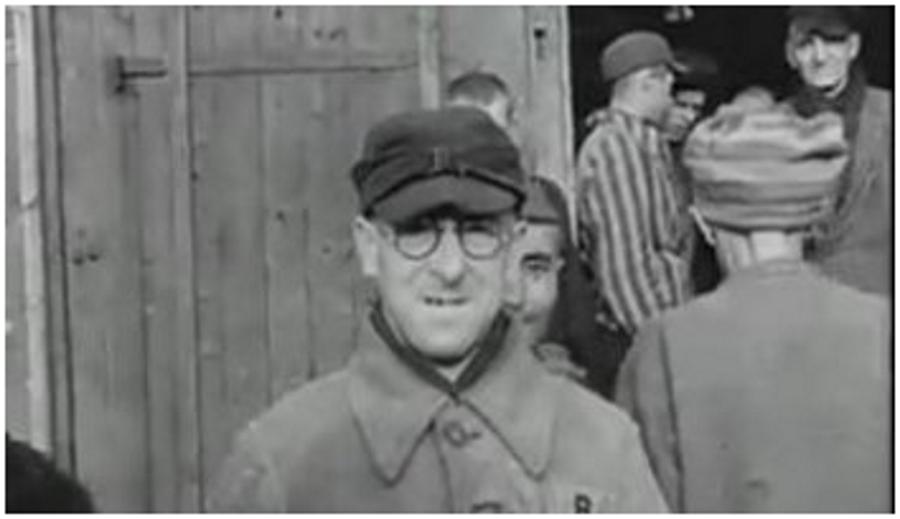After the German Federal Court of Justice in Karlsruhe decided that ZDF did not have to apologize to Karol Tendera, a former Auschwitz prisoner, for using the phrase “Polish extermination camps”, Rajmund Niwinski from the team of lawyers from Dusseldorf, Munich (Germany) and Atlanta (USA) contacted the Patria Nostra association.
This team represents former prisoners of German concentration and death camps in a number of criminal proceedings. Among others, the team represented former prisoners of the Auschwitz-Birkenau death camp currently living in the USA as auxiliary prosecutors in two criminal proceedings in Germany in 2015 and 2016.
Currently, the team is looking for potential witnesses or auxiliary prosecutors in proceedings concerning crimes committed in the Majdanek, Stutthof and Auschwitz camps, who will take part in the proceedings or wish to be represented in the proceedings by the team as representatives of auxiliary prosecutors (advocate ex officio).
Importantly, an auxiliary prosecutor has the right to address questions to defendants and witnesses, to file applications and to speak at the end of the proceedings.
The costs of representation of auxiliary prosecutors shall be covered by the State Treasury. If the application for admission of a given person as an auxiliary prosecutor in a given proceeding is considered positively by the court, this person is entitled to an ex officio attorney. The application is filed free of charge and the attorneys settle directly with the court. In other words, the auxiliary prosecutor does not pay the attorney’s fees. The State Treasury also covers the possible costs of travel, accommodation and expenses of auxiliary prosecutors and, if necessary, translators. The presence of auxiliary prosecutors, unless they are also witnesses at the trial, is not obligatory.
For example, an SS man was sued before the National Court in Frankfurt am Main, who allegedly collaborated in the mass murder in the concentration camp in Majdanek on November 3, 1943 (Operation “Erntefest”). The prerequisite for admitting to the auxiliary charge in the proceedings in Frankfurt is that given person lost a close family member in the concentration camp in Majdanek on November 3, 1943 (Operation “Erntefest”).
Another example is the proceedings before the Münster Regional Court against two SS guards from the Stutthof concentration camp. Here it is sufficient to be admitted as an auxiliary prosecutor if you were in the Stutthof concentration camp between June 7, 1942 and August 8, 1945, or if a close family member was lost there during that time.
The main proceedings against SS-man Johann R., who served in the Stutthof camp from June 7, 1942 to September 1, 1944, are likely to start as early as November this year in the proceedings before the Münster District Court. The proceedings relate to that period.
Another example is the fact that the initiation of the main proceedings against a member of the crew at Auschwitz is currently under investigation before the National Court in Mannheim. The prosecutor’s office has already filed an indictment in this case.








